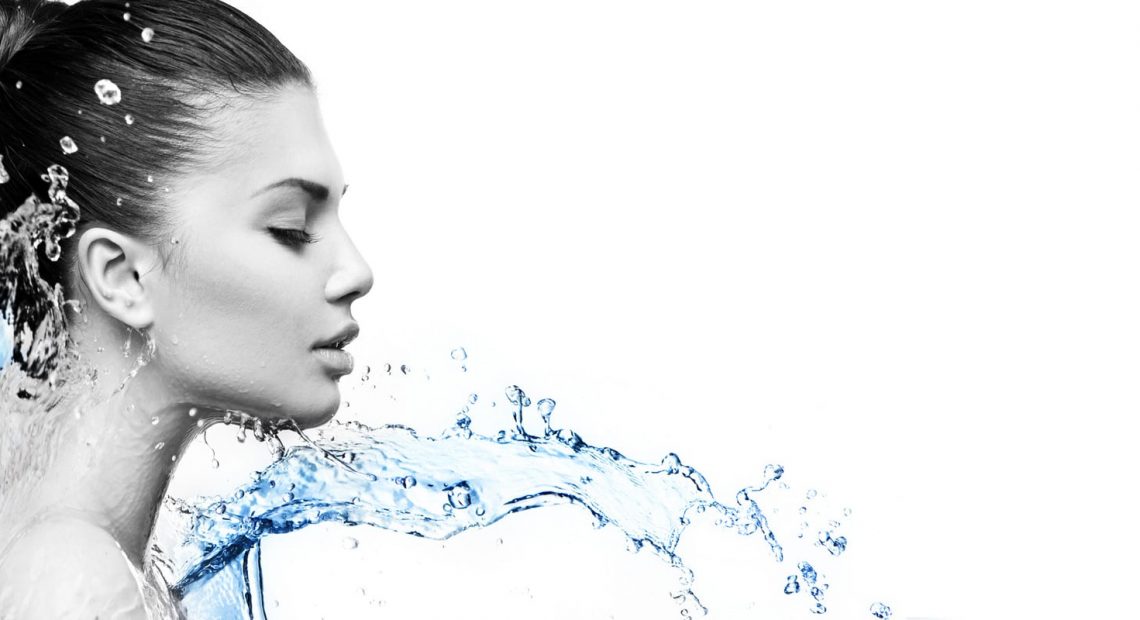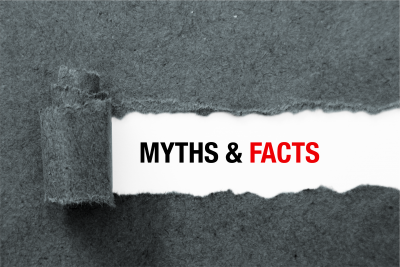Ever wonder why your hair seems to respond well to certain types of water. How at times the hair becomes inexplicably slimy and other days, it’s so frizzy and dry? Even your shampooing experience differs from place to place.
When it comes to hair care, not everyone is aware that the type of water they wash it in will have a direct effect on its appearance and overall behaviour. If your hair does not seem to be adjusting to the shampoo being used, it may be due to your water.

The characteristics of the water used can determine how well (or poorly) your shampoo and conditioning routine works. Also, if water is chlorinated, mineralized or fluoridated, it can also have an effect on shampooing of the hair .
Hard Water
This is the most common type of tap water. It contains high amounts of calcium and magnesium which accumulate in the hair. Hair washed with hard water is often dry, frizzy and dull looking. People who wash their hair with hard water tend to suffer from dry, flaky scalp.
Hard water strips the tresses of moisture, the hair fibers become rough, thin and are prone to breakage. Slowly they start experiencing hair fall and the density of hair reduces over a period of time.
Use shampoos which contain EDTA as this ingredient will not only rehydrate the hair but also strip the mineral salts accumulated on the scalp from the hard water.

Soft Water
Soft water contains very little to no calcium and magnesium. It contains de-ionized sodium which gives it a slightly salty taste. The water feels soft on the skin, giving the hair a shiny texture. Soft water is ideal for bathing as it contains minimum quantity of dissolved salts.
However, hair washed with soft water is often limp and lacks body. It will fall flat as a pancake so it’s not ideal for those with very fine hair. Deep conditioning is highly recommended.





